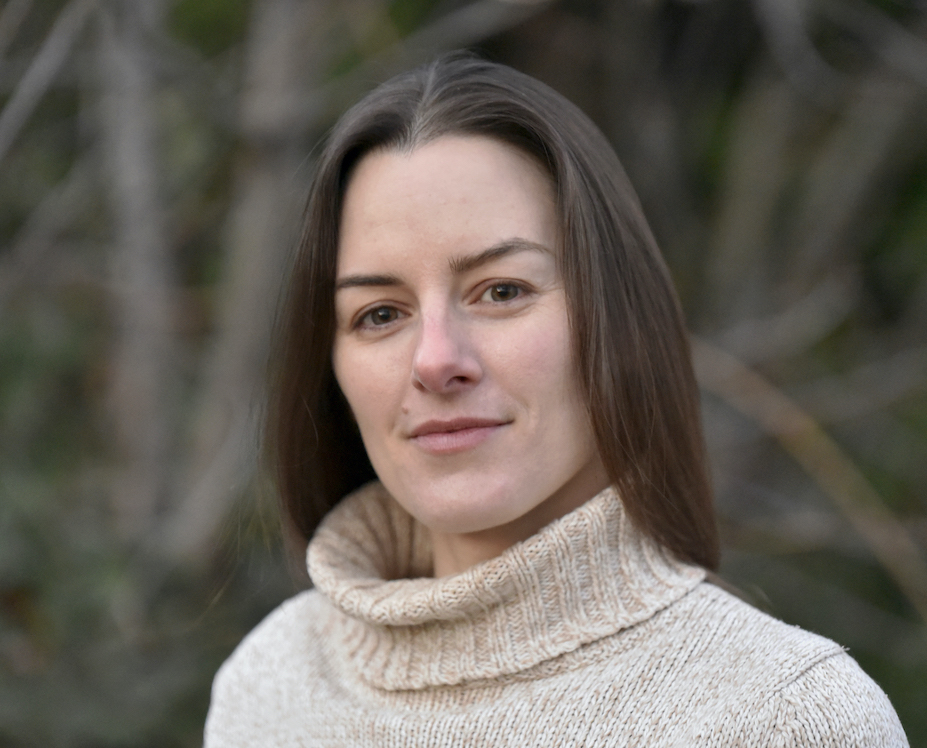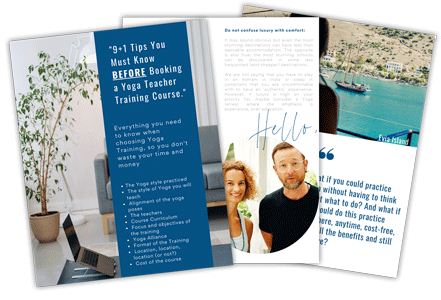How to navigate the energy of blame and how to listen to it with fresh ears.
I grew up in an environment where blaming was a regular practice and I took part in that, too. Living in that field was not easy. Perhaps that’s what led me later in my life to focus on learning nonviolent communication and building spaces that are supportive and safe enough to express ourselves. Listening to blame can be valuable and full of precious discoveries if we are able to do it without getting burned.
Marshall Rosenberg, the founder of nonviolent communication has said, “Every criticism and every judgment are a tragic expression of our needs.”
Why tragic? When we blame, it can be a way of reclaiming our own power, to mobilizing our inner strength for the sake of protecting ourselves or what is dear to us. I remember recently watching a documentary about an Iranian women’s rights activist and her powerful and fiery speech on air, blaming a representative of a repressive regime. Sometimes this force is an expression of life in us, our anger, our desperation. It can serve as a wake-up call.
To unload my charge, to let it out and to let my voice be heard can be experienced as empowering. So why would it be tragic to use blame to express myself in my relationships?

The question for me is about effectiveness: is it serving my needs? Do I achieve what I intend when I blame my partner or my child, for example? Does it lead to a change that I would like to see? Is it effective in the long term? Or is it something that perpetuates a vicious cycle and is more of an outlet for the tension and frustration that I feel inside? How do I want the other to deal with it? Do I want them to do something specific? Do I know what I want to happen at all? Do I actually want the others to hear me and my message to land in their consciousness?
When I tend to blame the other, it’s time to stop, breathe, take a pause, and feel myself. Then I might reach a state of mind where I can ask myself about my need and how I want to communicate it to the other. If I choose to enter communication without connecting to myself and my needs first, it may take more time to establish understanding, or I might even get lost in the process.
Years ago I made the bold and naive decision to mediate a conflict between my parents. I was open to it, as I wanted to practice my conflict resolution skills, so it was a conscious choice. I was translating what my mother was saying into the language of feelings and needs, according to nonviolent communication.
And here is the tragic part. I believe it was really the first time ever that my father was able to hear some of her long-term needs. As I was translating the blame and criticism that I heard into needs language and reflecting it back to her, she said something like: “Well, of course, it’s obvious.”
The tragic part is that it is not obvious to others. Blame, in my experience, usually reinforces the defense mechanisms of the other and makes it extra difficult for them to hear what I really care about. When we are in a state of defensiveness, it also physiologically impacts our ability to hear. Perhaps that’s why we tend then to raise our voices. Sadly, we make it impossible for others to hear us when we need their attention the most.
I will leave you with two quotes for inspiration.
“Love me when I deserve it the least because that’s when I need it the most.”
– Swedish proverb (I once heard this from my Argentinian friend)
“Family pathology rolls from generation to generation like a fire in the woods… until one person, in one generation, has the courage to turn and face the flames. That person brings peace to his ancestors and spares the children that follow.”
– Terry Real, family therapist
This article was written by our beloved Nonviolent Coach, Ivana Horakova.
Ivana Horakova is a certified Nonviolent Communication trainer, mediator, and Somatic Experiencing practitioner. She offers online sessions for couples and regular conflict resolution trainings in the Czech Republic and Slovakia. She is also trained as a hatha yoga teacher. You can find more about her work at ivanahorakova.com.

9 Tips to Know Before Choosing Your YTT.





